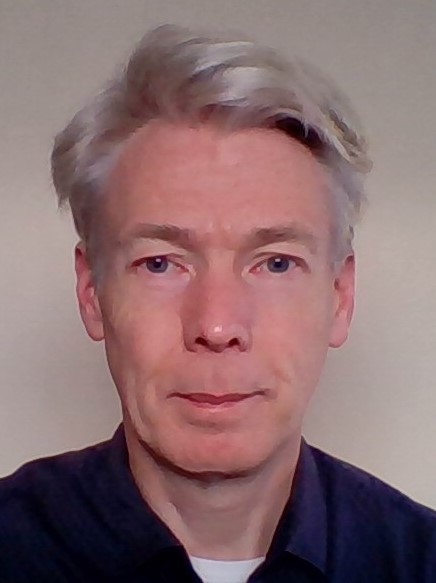Research team
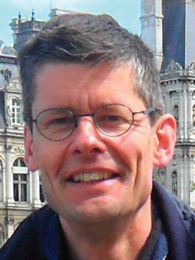
Christian Tiberius received his PhD degree in 1998 from the Delft University of Technology (TU Delft), Delft, The Netherlands, on recursive data processing for kinematic GPS surveying. He is currently an Associate Professor with the Geoscience and Remote Sensing (GRS) department, Delft University of Technology. His research interest lies in navigation, primarily with GNSS and indoor radio positioning. He is, and has been responsible, for more than 15 years, for many projects in the area of navigation with national and international agencies, like ESA, and industry, as well.
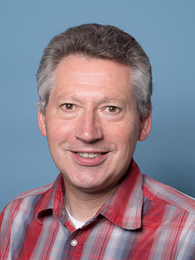
Gerard Janssen received an MSc degree from Eindhoven University of Technology in 1986, and a PhD degree from Delft University of Technology in 1998. In 1986, he joined FEL-TNO where he was involved in radar cross-section modeling, radio direction finding, interference cancellation and wideband propagation measurements. In 1992, he moved to TU Delft where he currently is an Associate Professor with the Circuits and Systems group. His research interests are in wireless communications, especially narrowband multiuser detection, digital modulation techniques, channel modeling, diversity techniques and Ultra-wideband communications and positioning.
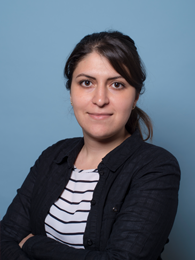
Farnaz Chaman-Zadeh got her bachelor degree in Electrical Engineering from Shahid Chamran University in Iran. Having developed a passion for Telecommunication systems and Signal Processing, she pursued her education in Wireless communications and received her Master’s degree from Lund University in Sweden. Before joining SuperGPS, she spent some time working in mobile industry as a RF Planner and Radio Access Network Engineer, where she was involved in a project on UMTS and LTE-FDD network re-design and modernization. She also contributed to LTE-TDD rollout projects. With a background in wireless systems, Farnaz conducts her research in SuperGPS on ranging and positioning exploiting already available radio signals. Her research interests include statistical signal processing, multi-carrier systems and radio based positioning.
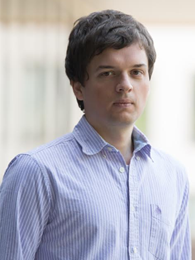
Tarik Kazaz received his MSc degree with honors in Electrical Engineering from the University of Sarajevo, in 2012. In 2013 he joined BH Mobile, where he was working as a Radio Access Network Engineer, while at the same time he was a part-time teaching assistant at the Faculty of Electrical Engineering, University of Sarajevo. Before joining the SuperGPS-project and his PhD studies at TUDelft, he was researcher at the department of Information Technology (INTEC) at Ghent University from January 2015 until March 2017. Within this department, he was also appointed at the iMinds and afterwards IMEC research institutes, where he was actively involved and contributed to the H2020 research projects WISHFUL and ORCA. His main research interests include signal processing for communications, wireless communications, software defined radio, cognitive radio and hardware-software co-design for wireless communications and future networks.
Erik Dierikx received his MSc degree in electrical engineering from Eindhoven University of Technology in 1995, working on ‘Low frequency noise in quantum well lasers’. He joined the Electricity and Magnetism section at VSL (the Dutch metrology institute) in Delft. He got involved in the Time & Frequency section at VSL, contributing to a delay calibration system for a two-way satellite time and frequency transfer station. From 2012, he has been working on time and frequency transfer through optical fibers. He is a member of the Consultative Committee for Time and Frequency (CCTF) of the International Committee for Weights and Measures (CIPM) and a member of the EURAMET Technical Committee for Time and Frequency.
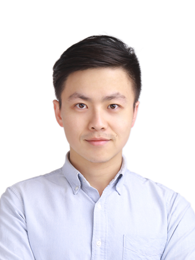
Han Dun received his BSc degree in Communication Engineering and MSc degree in Communication and Information Engineering from Shanghai University, China, in 2013 and 2016, respectively. From 2013 to 2016, he was also a member of the key laboratory of specialty fiber optics and optical access network at Shanghai University, where he has contributed to the real-time optical OFDM-PON. He is currently pursuing his PhD degree in the department of Geoscience and Remote Sensing, Delft University of Technology. His research interests include digital communication theory, wireless localization, and statistical signal processing.
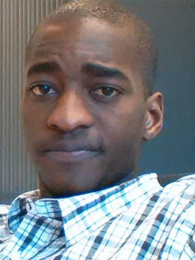
Cherif Diouf received a PhD degree in non-linear system modeling applied to VLSI electronic circuits in 2014 from the Université de Bretagne Occidentale (France). He then worked at the Ecole Nationale d’Ingénieurs of Brest on DSP techniques to optimize the performance of optical OFDM communication systems. In 2015, he joined the French Oceanographic institute (Ifremer). As a postdoctoral researcher, he worked on the development of a power-over-fiber prototype to allow extensions of a sea-bed observatory. Recently, he was working as an embedded systems engineer on autonomous floats. In 2018, he joined the SuperGPS research team as a postdoctoral researcher. He is interested in blackbox modeling and DSP techniques, HW/SW implementation and prototyping novel electro-optical systems.
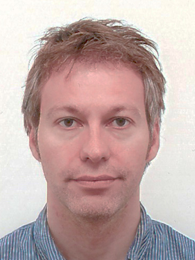
Jeroen Koelemeij received his PhD in physics in 2004. He pursued a career in the measurement and distribution of time and frequency using lasers, atomic clocks and fiber-optic networks. After Postdoc positions at leading institutes in Europe and the USA, he returned to the LaserLaB institute of VU Amsterdam where he initiated the SuperGPS project, in close collaboration with Delft University of Technology. In 2014 Jeroen co-founded OPNT BV, a fast-growing provider of end-to-end synchronization solutions for fiber-optic network operators. In 2019, Jeroen returned to full-time academic research at VU Amsterdam, and remains involved in the project as a scientific advisor.
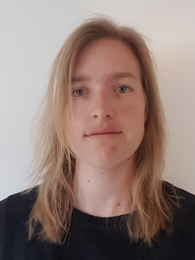
Chantal van Tour received her MSc-degree with honors in Applied Physics from Delft University of Technology in 2016. During her bachelor and master studies, she carried out several research projects under the supervision of Dr. Jeroen Koelemeij, concerning ultra-stable optical frequency transfer. In 2016 she joined the SuperGPS project as a full-time R&D engineer at OPNT BV. Her main research interest lies in increasing the accuracy and stability of time and frequency transfer over (fiber-optic) networks. In 2019 she left OPNT, and accepted a new position at De Haagse Hogeschool in Delft, as a lecturer in physics.
